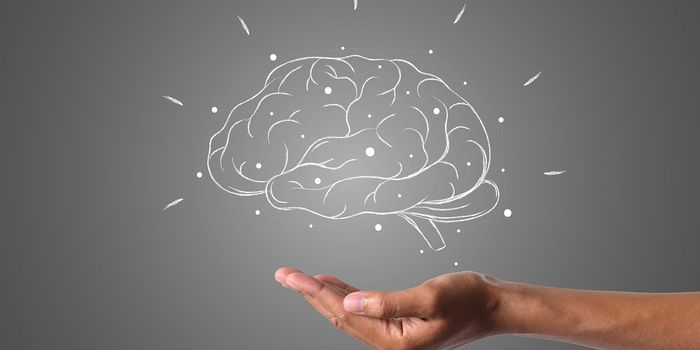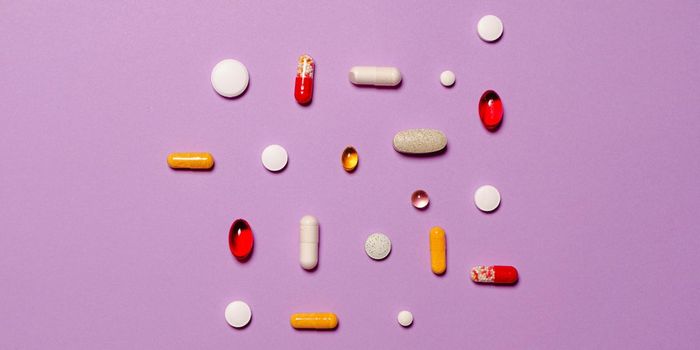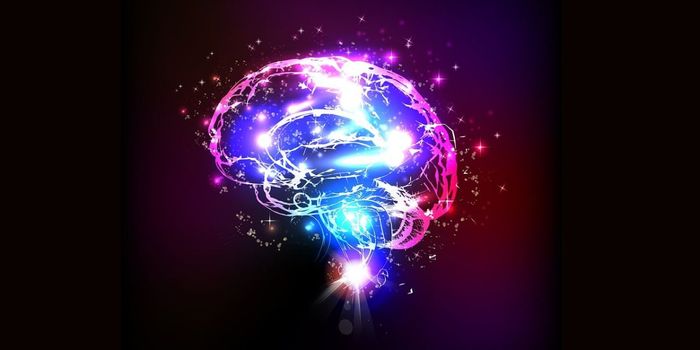Formerly Depressed People Spend More Time Processing Negative Emotions

Major depression is among the most common mental health disorders in the US. According to the Diagnostic and Statistical Manual of Mental Disorders (DSM-5), it is defined as a period of at least two weeks in which a person experiences ‘a depressed mood or loss of interest or pleasure in daily activities, and had a majority of specified symptoms, such as problems with sleep, eating, energy, concentration, or self-worth.’
Although many well-established treatments exist for depression, over 50% of people with a first-time major depressive episode will relapse, often within two years of recovery. Further study of factors contributing to relapse could improve treatment options and prevent the condition from returning.
For the current study, researchers conducted a meta-analysis of 44 studies, including 2,081 participants with a history of major depressive disorder alongside 2,285 controls. In the studies, researchers assessed participants' response time to negative, positive, and neutral stimuli. This involved pushing different buttons for happy, sad, or neutral faces or positive, negative, or neutral words.
Ultimately, the researchers found that participants with a history of depression responded more slowly than healthy participants to emotional and non-emotional stimuli, regardless of whether it was positive, neutral, or negative. Participants who formerly had depression also spent more time processing negative than positive emotional stimuli when compared to controls.
"Our findings suggest that people who have a history of depression spend more time processing negative information, such as sad faces, than positive information, such as happy faces, and that this difference is greater compared to healthy people with no history," said lead author Alainna Wen, PhD, a postdoctoral scholar at the Anxiety and Depression Research Center at the University of California, Los Angeles, in a press release.
"Because more negative thinking and mood and less positive thinking and mood are characteristic of depression, this could mean that these individuals are at a greater risk for having another depressive episode,” added Dr. Wen.
She continued to explain that the findings have implications for treating depression. In particular, she noted that alongside helping patients reduce time spent processing negative information, clinicians could also help patients increase time spent processing positive information.
Sources: Journal of Psychopathology and Clinical Science, Science Daily








